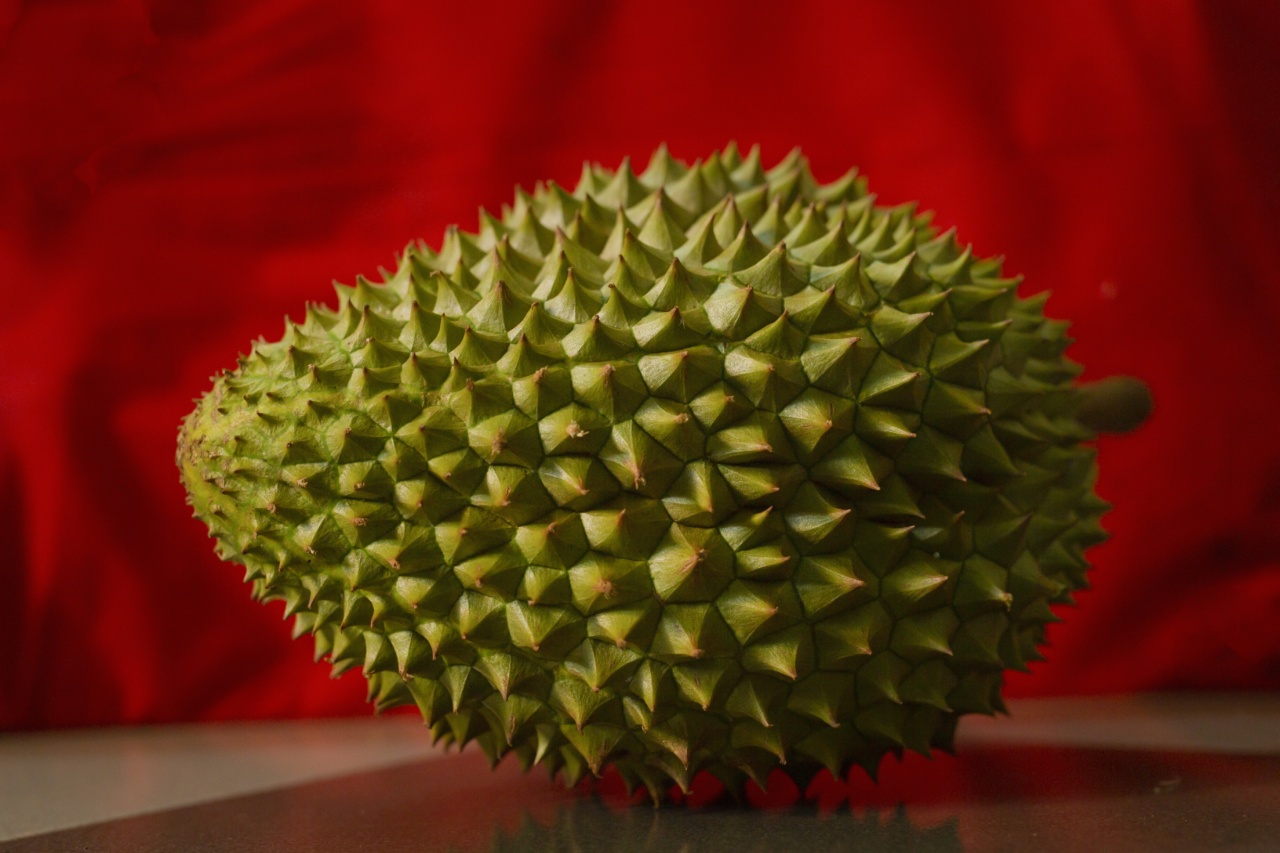While many people believe that dairy is essential for strong bones, vegans can absolutely achieve optimal bone health through a well-planned plant-based diet.
In fact, some studies suggest that dairy intake may actually increase the risk of fractures, while plant-based diets can improve bone density and overall bone health. Here are some tips for vegans looking to build and maintain strong bones:.
1. Get Plenty of Calcium
Calcium is one of the most important nutrients for bone health, and vegans can easily obtain enough of it through their diets. Good vegan sources of calcium include:.
- Fortified plant milks (such as soy, almond, and oat milk)
- Calcium-set tofu
- Leafy greens (such as kale, broccoli, and bok choy)
- Fortified breakfast cereals
- Fortified orange juice
- Calcium supplements (if necessary)
2. Eat a Variety of Nutrient-Dense Foods
One of the great things about a vegan diet is that it encourages the consumption of a wide variety of nutrient-dense foods that are great for bone health, such as:.
- Leafy greens (as mentioned above)
- Beans and legumes
- Nuts and seeds
- Whole grains
- Fortified plant-based milks (as mentioned above)
- Fruits and vegetables
It’s important to eat a variety of these foods to ensure that you’re getting all the different vitamins and minerals that are necessary for strong bones, such as vitamin D and magnesium.
3. Get Plenty of Vitamin D
Vitamin D is crucial for bone health, as it helps the body absorb calcium.
Unfortunately, it can be difficult to get enough vitamin D from food alone, especially if you don’t spend much time in the sun (which is the body’s best source of vitamin D). Some good vegan sources of vitamin D include:.
- Fortified plant-based milks and cereals
- Mushrooms (particularly if they’ve been exposed to UV light)
- Vitamin D supplements (if necessary)
4. Limit Salt and Caffeine
Consuming too much salt or caffeine can increase the amount of calcium that is excreted from the body, which can lead to weakened bones over time.
In order to maintain optimal bone health, vegans should limit their intake of salty or caffeinated foods, such as processed snacks and sodas, and instead focus on whole, nutrient-dense foods.
5. Exercise Regularly
Exercise is essential for building and maintaining strong bones, as it helps to stimulate the growth of new bone tissue.
A combination of weight-bearing exercises (like walking, running, or dancing) and resistance exercises (like lifting weights) is ideal for bone health. Consider working with a personal trainer or taking a fitness class to develop a workout regimen that’s right for you.
6. Consider Bone Health Supplements
If you’re concerned that you’re not getting enough of a certain nutrient for bone health, supplements can be a useful tool. Some supplements that may be beneficial for vegans include:.
- Calcium supplements, especially for those who don’t consume many calcium-rich foods
- Vitamin D supplements, for those who don’t get enough sun exposure or don’t eat many vitamin D-rich foods
- Magnesium supplements, for those who don’t eat many magnesium-rich foods
However, it’s important to speak with a healthcare professional before beginning any supplement regimen, as some supplements can interact with medications or have negative side effects.
7. Avoid Smoking and Excess Alcohol Consumption
Smoking and excessive alcohol consumption can both have negative impacts on bone health, so vegans (like everyone else) should aim to avoid or limit these activities.
By following these tips and maintaining a healthy, plant-based diet, vegans can achieve optimal bone health and reduce their risk of fracture and osteoporosis.






























